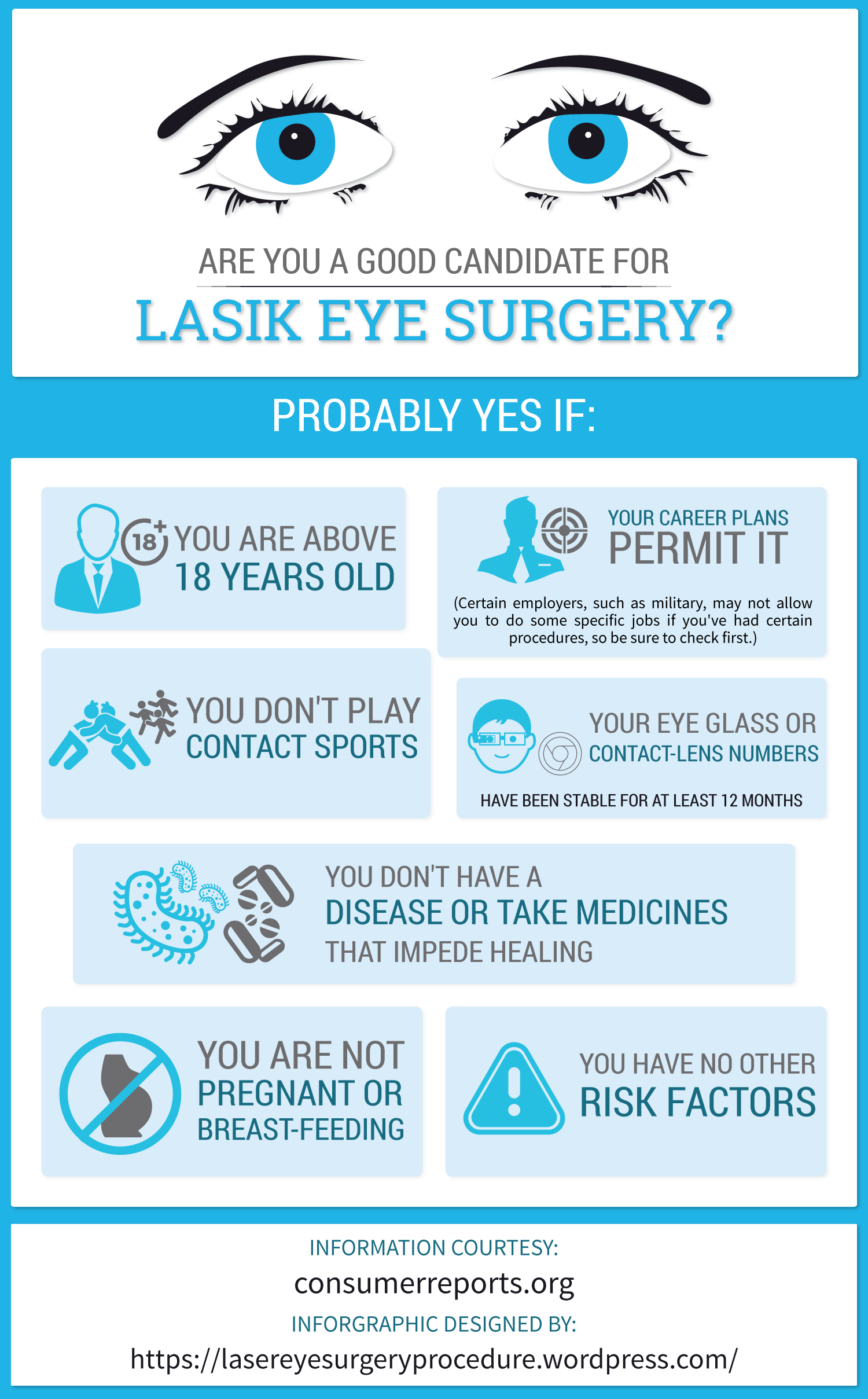Assisting A Loved One Through Cataract Surgery: Representations From A Caretaker'S Experience
Assisting A Loved One Through Cataract Surgery: Representations From A Caretaker'S Experience
Blog Article
Authored By-Feddersen Foged
As a caretaker supporting an enjoyed one encountering cataract surgery, your role is critical in guaranteeing their convenience and recuperation. From pre-surgery prep work to post-operative treatment, your visibility and support can make a substantial distinction in their trip. Understanding the psychological and physical challenges they may experience, offering practical aid, and being their pillar of support are key elements in this process. Remember, your duty surpasses just offering help; it's about being a source of strength and comfort during a substantial phase in their life.
Understanding Cataract Surgical Procedure Process
Checking out the actions associated with cataract surgical procedure can help minimize any anxiety or uncertainty you might have concerning the treatment. Cataract surgical treatment is a typical and very successful treatment that involves removing the gloomy lens in your eye and changing it with a clear fabricated lens.
Prior to the surgical treatment, your eye will certainly be numbed with eye declines or an injection to ensure you do not feel any type of discomfort throughout the treatment. The doctor will certainly make a tiny cut in your eye to access the cataract and break it up utilizing ultrasound waves before carefully removing it.
As soon as the cataract is eliminated, the synthetic lens will certainly be put in its location. The whole surgery normally takes about 15-30 minutes per eye and is typically done one eye at once.
After cataract surgery video live , you may experience some mild discomfort or obscured vision, however this is typical and must boost as your eye heals.
Preparing for Surgical Procedure With Each Other
To ensure a smooth and trouble-free experience, getting ready for cataract surgical treatment together can make a considerable distinction in your enjoyed one's trip. Start by going to pre-surgery assessments with them. By doing this, you can ask concerns, understand the procedure, and supply emotional support.
Help them organize their pre-operative instructions, medications, and transportation to and from the medical facility. Make sure their home is ready for their recovery by establishing a comfy room with easy access to important things.
Assist them in scheduling post-operative care if required, such as assist with meals or house chores. Encourage them to follow the doctor's guidance pertaining to fasting before surgical procedure and medicine protocols.
Assure them that you'll be there for them every step of the means. By actively joining the prep work procedure, you can reduce anxiety and make sure that your enjoyed one feels sustained and taken care of during this essential time.
Post-Operative Treatment Tips
After cataract surgery, providing appropriate post-operative treatment is important for your liked one's recovery. Guarantee they wear the safety guard over their eye as advised by the doctor. Help visit link carry out suggested eye decreases and medications promptly to avoid infection and help recovery.
Encourage your loved one to stay clear of touching or massaging their eyes, as this can lead to difficulties. Help them in complying with any constraints on bending, lifting hefty things, or participating in difficult activities to stop pressure on the eyes. Ensure they attend all follow-up visits with the eye physician for keeping an eye on progression.
Maintain the eye location tidy and dry, preventing water or soap straight in the eyes. Motivate cataract surgery what do they do loved one to wear sunglasses to safeguard their eyes from bright light and glow throughout the recovery procedure. Be patient and supportive as they recoup, offering support with daily tasks as required.
Verdict
In conclusion, sustaining a liked one with cataract surgery involves existing every action of the way, from pre-surgery preparations to post-operative treatment. Your emotional support, functional aid, and motivation can make a considerable distinction in their healing procedure. By staying educated, arranged, and attentive to their needs, you can help make sure an effective outcome and offer them with the convenience and confidence they require during this difficult time.
